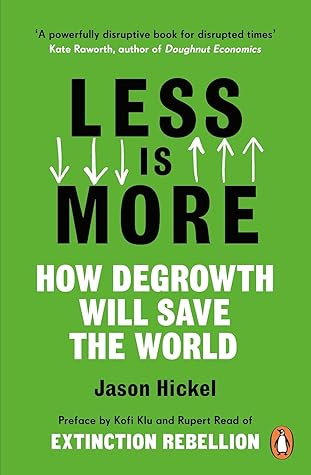During the 1600s, Descartes’ views were leveraged to bring the body under control, to defeat its passions and desires, and impose on it a regular, productive order. Any inclination towards joy, play, spontaneity – the pleasures of bodily experience – was regarded as potentially immoral. In the 1700s, these ideas coalesced into a system of explicit values: idleness is sin; productivity is virtue. In the Calvinist theology that was popular in Western Christianity at the time, profit became the sign of moral success – the proof of salvation. To maximise profit, people were encouraged to organise
...more
Welcome back. Just a moment while we sign you in to your Goodreads account.


